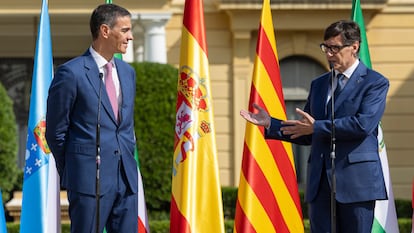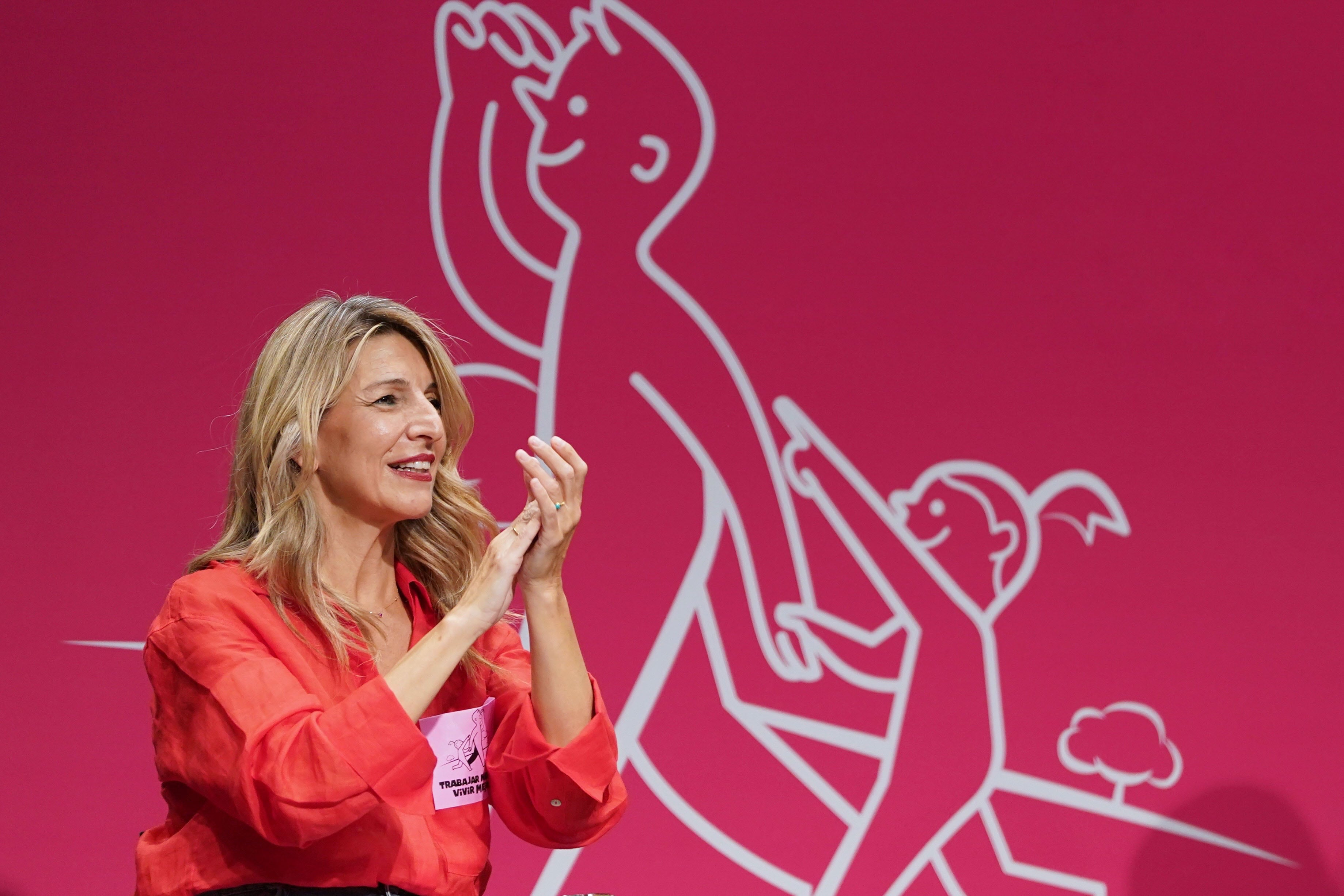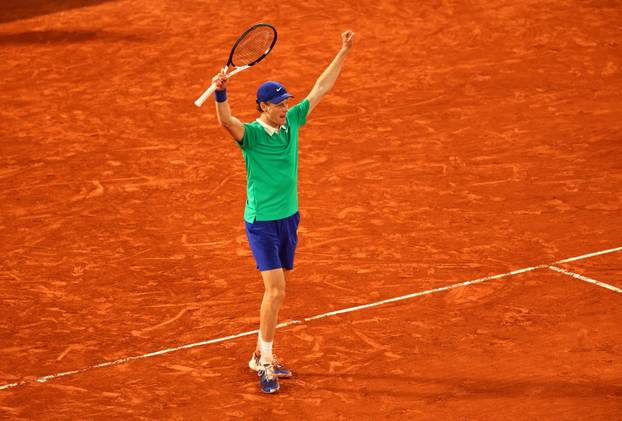Sanchez tries to resist the European militarist wave | Spain
In La Moncloa they did not leave their astonishment. Mark Rutte, NATO general secretary, threw himself fully on Wednesday to a pool where there seems to be no water: « Spain wants to reach 2% (of defense spending) this summer. » All government machinery was launched to disallow it and demand a reversal. According to executive sources, Pedro Sánchez even wrote a message directly to the former Prime Minister of the Netherlands, with whom he has a long and good relationship, despite some strong disagreements, especially When European funds were negotiated in 2020 And the liberal was one of the toughest.
Sánchez’s pressure made Rutte’s team clarify his words. When both saw themselves in Moncloa, and as NATO itself admitted, Sánchez never promised to reach 2% this summer, something that seems unfeasible, but to approach as much as possible before the decisive summit in The Hague in June, Where it is very possible that there are new commitments up to 3%, given the pressure of many of the allies. Routte is the one that presses, in the name of the US, which dominates NATO, but is not the only one. In his visits to Spain, Portugal and Italy, the Dutchman tried to play the prisoner’s dilemma telling others that the other partners were willing to go further, to generate competition between them. But Sánchez, who continues to battle with NATO to Account other security expenses to increase the figure of 2024not yet closed, he did not give any date to Routte, they insist on the Moncloa. Especially because you still don’t have it.
The Moncloa is resolved by the episode, which worsened with a Error of the Minister of Industry, Jordi Hereu, who said on Friday that 2% « this year » would be reached and then quickly rectified when they asked for it from the surroundings of Sánchez. Different government sources agree that this type of skirmishes, which will be increasingly frequent because the discussion between allies is in its peak, are a symptom that Sánchez is having enormous pressure to raise the expense in defense. The Spanish position coincides quite a lot with the Italian and the Portuguese, although there is no coordination with Giorgia Meloni for the enormous political distance between the two leaders; But it is in a minority within a European Union increasingly turned to the right and more militaristic, especially by the fear of the Baltic, Nordic and East countries to the Russian threat, which they see as something much more real than it is for Spaniards or Italians.
In the past, especially in Pandemia, Sánchez He made a block with Italian prime ministers like Giuseppe Conte to face positions of the so -called frugal countries. But the distrust of the Moncloa with Meloni is very large, because at the same time it tries to resist the pressure to increase military expenditure – it has much more debt than Spain and very worse economic numbers – it also constantly approaches Donald Trump and Elon Musk, and is throwing confused messages on US tariffs, for example, that European misgivings on it increase on it.
The Spanish prime minister is giving the battle to stop the militaristic impulse of many allies, include the concept of security, in addition to defense, and propose a different type of investments, much more technological, not only conventional armament, that can also serve to make a real revolution in a Europe that has none of the world technological giants, concentrated in the US. At the moment, he has achieved symbolic steps, such as Abandonment of the word « rearme » by the European Commission, which did not like it in Italy. But Europe is turning right and the public opinions of the north and the east weigh a lot, as seen in the announcement of the European Commission of the Survival Kit, that either did it sit very well in the Spanish government, which requested calm and avoid alarming the population.
Sánchez also had a crossing at the last summit with Kaja Kallas, the EU foreign policy head, because the Spaniard proposed to appoint a special envoy for Ukraine and she claimed her role. In some European press, especially British, Sánchez and Meloni even reproach them in a mocking way that they try to place issues such as border control, the Civil Guard, or cybersecurity as expenses in defense. But the reality, insist on the government, is that in the European summits Sánchez finds much more understanding than it might seem externally when it explains the situation of Spanish public opinion, which according to the Eurobarometer is the least concerned of the EU for defense and security reasons.
On the last summit, Sánchez insisted that now that the US is leaving a huge space in the call Soft Power (soft power), When cutting all your development aid, Europe must multiply it in order to have a great power role, especially in Africa. The president, they point out in the Government, has guaranteed that Spain will fulfill what is agreed among all, and in the past it has given reliability evidence in those promises, so that is not a serious problem.
Sánchez, insist on La Moncloa, retains the great advantage of being one of the most veteran leaders in the EU, of having won respect in previous crises, in which he has always shown Europeanist commitment, having avoided conflicts and having chosen to seek alliances even with prime ministers very far from their positions, something that at this time is an important negotiating trick.
« We are not alone, we are in the heart of Europe, » José Manuel Albares, Minister of Foreign Affairs, who is adopting a very high profile in this crisis against a Margarita Robles, Minister of Defense, who has remained in the background, insisted this week. Sanchez is in all decisive meetings, appears in the appointments next to the Frenchman Emmanuel Macron and the British Keir Starmer, and was the only one of the greats who He traveled to kyiv to support Zelenski. The Spanish president has not been left out of anything, but listening to his position and that of the other leaders, with the exception of Meloni, it seems clear that his partners are much stronger with the militaristic discourse. In fact, the president himself has not hidden his discrepancy with Macron, who constantly speaks of sending European peace to Ukraine when, as Sánchez always recalls, the war has not yet ended and therefore what needs to be done is to help Zelenski resist and win it.
In Spain, Sánchez has a complex majority with a Important opposition to the increase in military spending. But that does not seem to worry the president too much, according to different sources of the Executive, because he believes he will not need to submit the dripping of safety and defense spending in which several ministries are working in Congress. The internal tension with adding will be resolved as on other occasions: in the coming weeks there will be large items for defense expenditure – the usual is in the form of credit transfers, some have exceeded 2,000 million euros of a cup – and Yolanda Díaz will make observations to show the disagreement of her group, But they will go ahead in the Council of Ministers, where the president decides.
In fact, the great discussions in the coalition are economic, and there is strong tension. Sanchez has clearly intervened in favor of Díaz in the discussion he had with María Jesús Montero so that the minimum wage does not pay IRPF, and In the end Hacienda gave up – also add – and a way out was found After the first vice president said she would not move. The president does not seem, then, so concerned about the internal front – although he still has the enormous weakness of not approved the budgets – but for the negotiation within the NATO and the EU on the way of facing what everyone, also Spain, see as a “tectonic change” in the geopolitics installed since the end of World War II. There are still many unknowns, and everything is open and in full discussion among the presidents. But Sanchez seems willing to maintain a more moderate position and give the battle in front of the militaristic wave that comes from the north and east of Europe.







